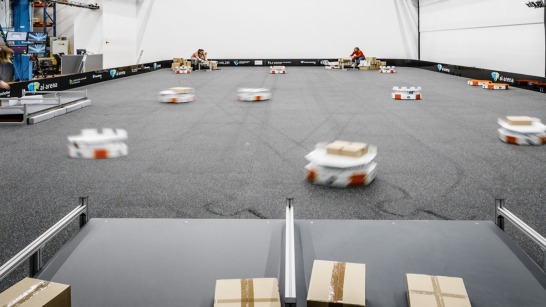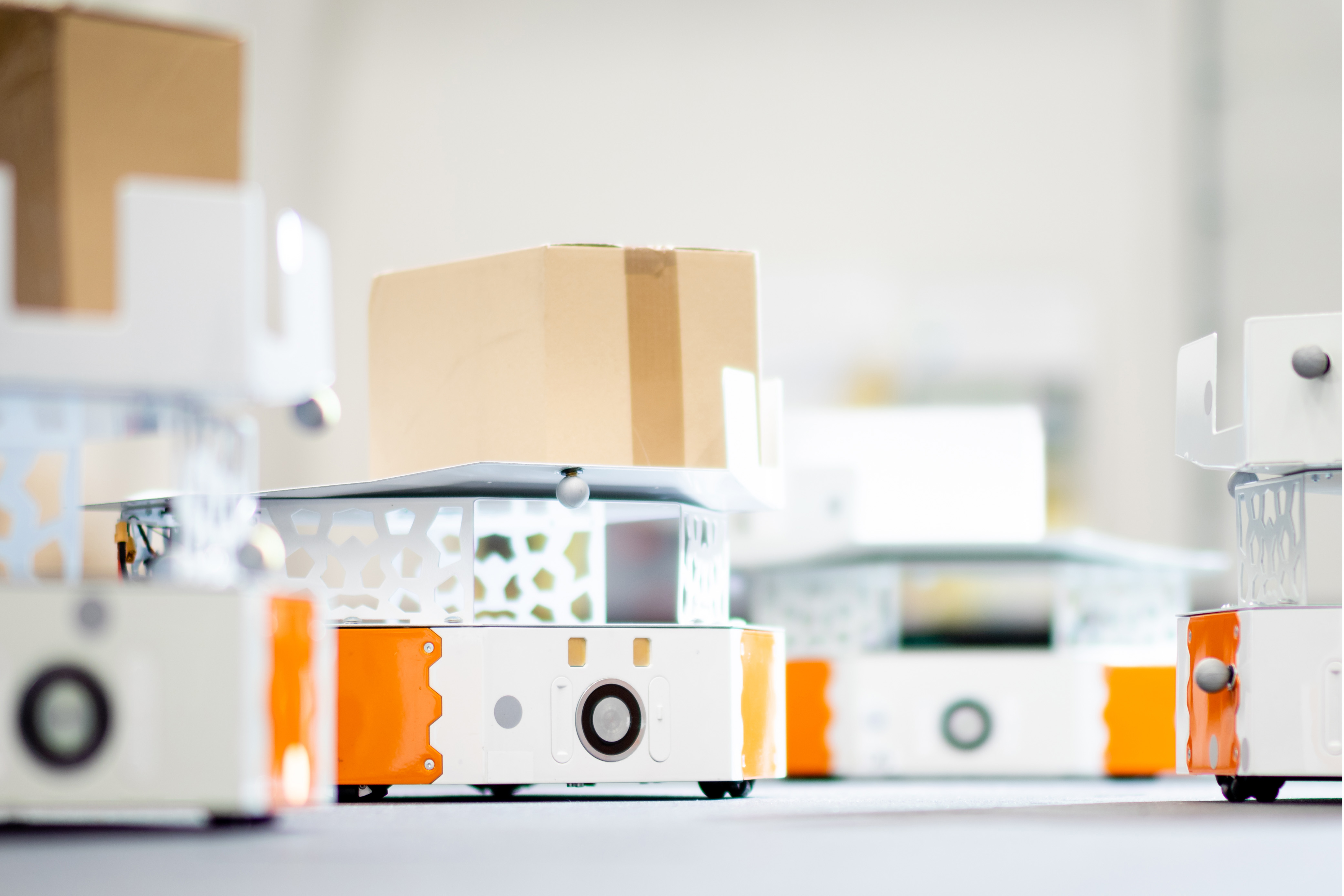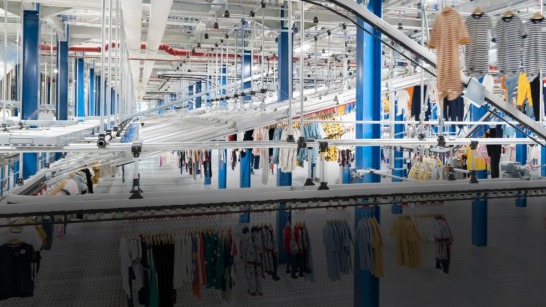
LoadRunner: KION and Fraunhofer IML develop swarm robots for warehouses of the future
A pioneering spirit and a hunger for innovation are key to actively shaping the future of intralogistics. These characteristics are firmly entrenched in the KION Group, as has once again been shown by our partnership with the Fraunhofer Institute for Material Flow and Logistics (IML). Together we are pioneering an exciting project that goes by the name of “LoadRunner”. Our goal: to pave the way for a new generation of autonomous transport vehicles that will revolutionize intralogistics with artificial Intelligence (AI).
2021-09-07


